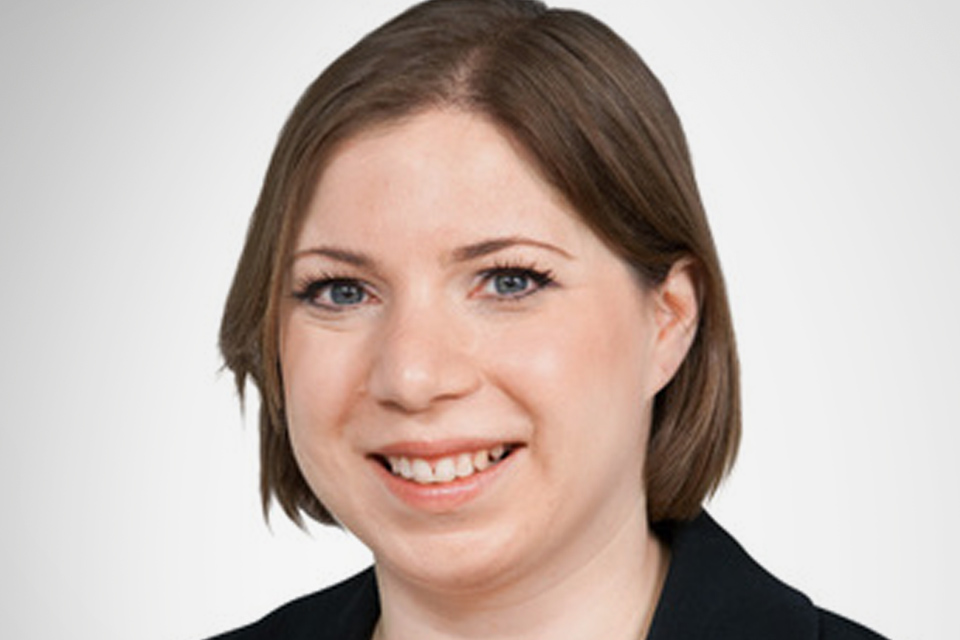Sarah Teather sets out overarching vision for early years services in 'Nursery World'
The Children's Minister, Sarah Teather, outlines some of the commitments the government is making to early years provision.

Human rights campaigner and writer Elie Wiesel once famously warned US Congressmen about the “perils of indifference” after he was invited to speak at the White House. The writer’s words were made in the run-up to the new millennium, in a speech that called for a 21st-century style of international politics, where the poorest were helped the most.
Sadly, following a decade of distinctly 20th-century politics, we still seem no closer to achieving Wiesel’s vision in this country. Scandalously, parental background remains the key determining factor in whether your child goes on to lead a FTSE 100 company or a life of unemployment.
And, as any professional who works with children will know, there is overwhelming evidence that these kinds of divisions are accelerated and deepened if you don’t address them during the first months and years of a child’s life.
Research clearly shows that good-quality childcare provision does, in fact, benefit children in the long term, and in particular the most disadvantaged. The Effective Provision of Pre-School Education (EPPE) project, for instance, has shown that high-quality, pre-school provision enhances children’s all round cognitive, language and social development.
And Leon Feinstein’s research on the correlation between social-economic status and the attainment of children gives us a clear basis for intervening early to tackle disadvantage through good early years support.
In a fair and just society, that support should be available to every child, regardless of their family’s income or background. To make it easier for families to access this provision more flexibly, I announced on Monday that we will extend free childcare for 3- and 4-year-olds to 15 hours a week. We will also fund early learning and childcare for more than 20,000 of the most disadvantaged 2-year-olds and will be looking at how this could be extended to help support families who will benefit the most.
In the current financial climate, it is our responsibility to ensure that we get value for money. But nothing matters more, or makes more financial sense, than intervening early to help the most vulnerable. Over 95% of families are taking up their free entitlement offer, but there are disproportionally more disadvantaged families among those who don’t. That’s why I am asking Sure Start children’s centres to redouble their efforts to do all they can to encourage these families to take up their free childcare offer.
Sure Start children’s centres are a fantastic service for families, and I want them to remain universal. But their purpose should be to help the neediest families. I know that many children’s centres are doing innovative work reaching out to their communities. But there is more we can do. Health visitors have a crucial role in reaching out to vulnerable families, from pregnancy right through the early years of a child’s life. That’s why we are committed to dramatically increasing the number of Sure Start health visitors to make sure more vulnerable families are accessing these services.
As a government, it is our responsibility to help each and every child achieve their full potential, whatever their background or circumstances. We believe in trusting professionals to do their jobs, free from the top-down bureaucracy of recent years. Most fundamentally, we believe that the government should take action to support the disadvantaged and that this support, whether through free childcare, the pupil premium or early intervention, is crucial to unlocking social mobility and overcoming indifference.